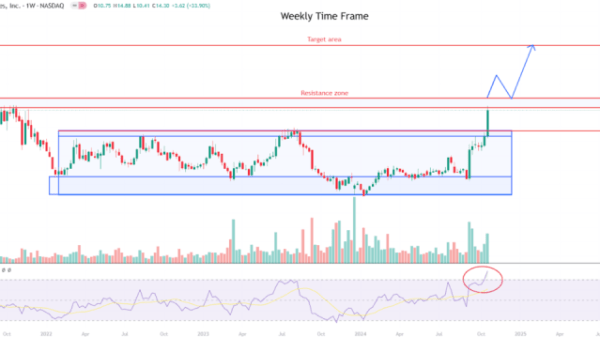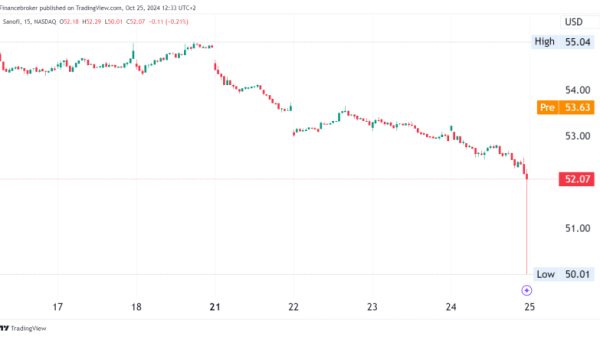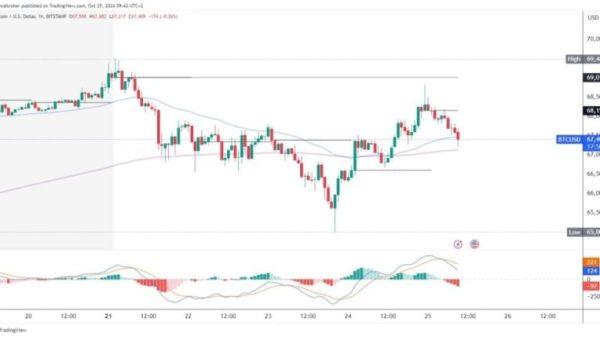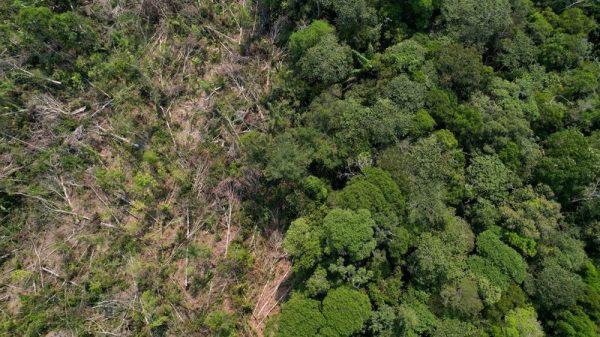By Liz Lee
BEIJING (Reuters) – China’s third-quarter economic losses due to natural disasters, from super typhoons to floods, more than doubled from the first six months of 2024.
Direct economic losses in July to September reached 230 billion yuan ($32.3 billion), according to Reuters calculations based on nine-month data released by the Ministry of Emergency Management on Tuesday.
That is more than two times the 93.16 billion yuan in losses in the first half of this year.
The numbers highlight how China is increasingly exposed to destructive weather phenomena that is amplified by climate change.
In September, the financial hub of Shanghai was brought to a standstill by Typhoon Bebinca, the most powerful tropical cyclone to directly hit the city in 70 years. Earlier that month, Super Typhoon Yagi – the strongest typhoon on record – tore through Hainan, knocking down power supply to nearly 1 million households in the province.
Record rainfall and powerful typhoons over the summer have disrupted supplies of foodstuffs, raising consumer prices and dampening agricultural output. Direct economic losses hit 323.2 billion yuan in the first three quarters, higher than 308.3 billion yuan a year earlier, according to the ministry’s data.
Increasingly disruptive weather has deepened the cost to China’s economy. The country launched a nationwide adaptation strategy more than two years ago, but the economic losses show China has still to become sufficiently resilient to the growing impact of natural disasters.
In the first nine months, more than 84 million people were affected, with the number of people dead or missing totalling 836, while nearly 3.35 million people needed urgent resettlement, the ministry said.
The ministry counted 50,000 collapsed homes and 630,000 that were damaged. About 9.05 million hectares of crops were impacted.
The ministry called the natural disasters this year “complex and severe”, with relief work facing great challenges.
Twenty-three disaster relief responses have been initiated, it said, the most in nearly a decade.
Vulnerabilities to climate change effects remain prevalent even as China pushes for better monitoring and prediction of extreme weather, and a building of resilience in the agriculture industry, infrastructure and urban environment.
($1 = 7.1229 Chinese yuan renminbi)



































